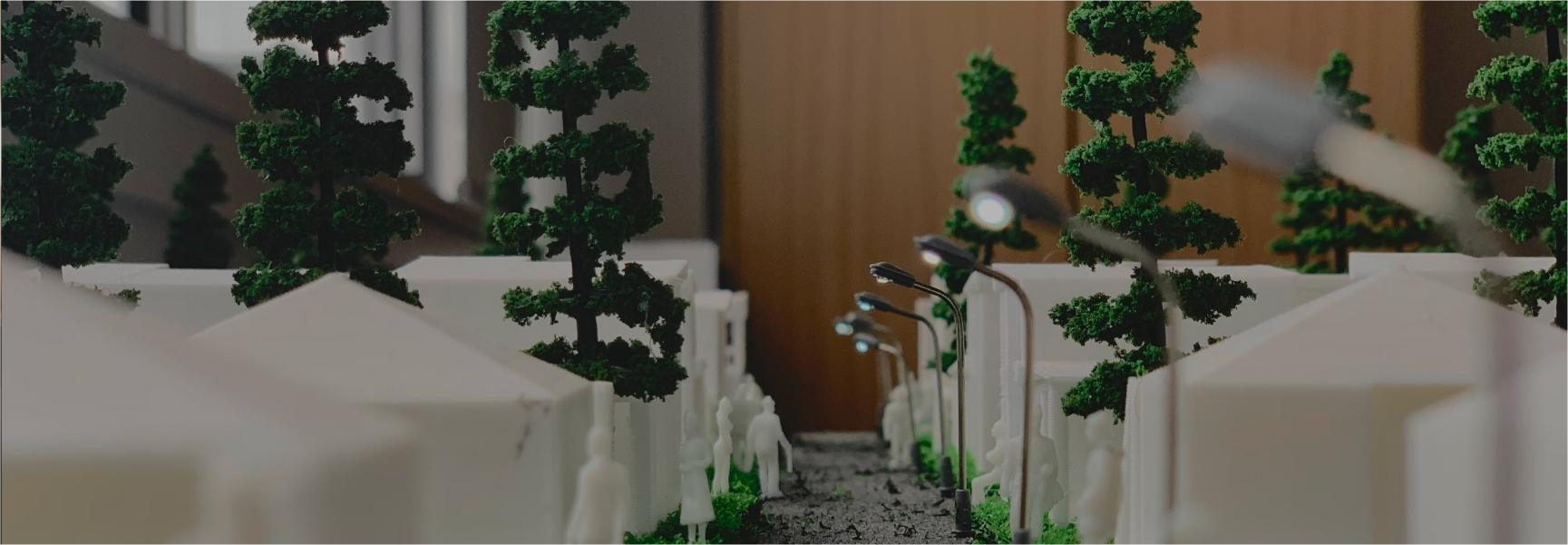
Resource efficient renovation using a 3D printable material from underutilized biomass
We are exploring the possibilities of a new resource-efficient renovation material based on raw materials from industrial by-products that can replace today’s resource-intensive materials.
PROJECT INFORMATION
Timeline
January 2025 – June 2026
Total cost of project
2 303 000 SEK
Swedish Energy Agency’s project number
P2024-02409
Coordinator
Chalmers University of Technology
Participants
Chalmers
Project manager and contact
Malgorzata Zboinska: malgorzata.zboinska@chalmers.se

Within the construction industry, there is a wish to renovate with less climate impact. But there is a lack of enabling solutions. When renovating buildings today, we still use materials and manufacturing methods that are not resource efficient. To improve the renovation practice, we need new solutions.
In this project, we are developing a new environmentally friendly material that can replace the less sustainable materials based on synthetic, non-renewable and fossil resources, such as sand, clay, minerals and metal ores. The material consists only of natural raw materials: baker’s yeast, cellulose fibers, algae, plant-based sugars and water. All those raw materials can be found as byproducts from food and forest industries.
To apply the material in renovation at the full scale of a building, we use robotic 3D printing. This technology contributes to the resource and energy efficiency of our solution by not generating any waste and by using little energy to renovate building elements with our material.
We expect to develop different material recipes suitable for two main renovation applications: bio-based wall panels for complementing and replacing degraded wall cladding, and bio-based coatings and pastes for repair and refinement of damaged and aged building elements in need of renovation. Through experiments involving robotic 3D printing of architectural elements, we will identify the most promising recipes. Our architectural demonstrators will display the material’s ability to repair, protect, enhance, and restore wooden architectural elements.
The project aims to deliver this knowledge of how to renovate with less climate impact to architects, construction companies, property owners and other key stakeholders. We hope that the knowledge will help them to contribute to a green transformation of the construction industry by developing innovative applications of biobased materials, making Sweden a leading example of sustainable design internationally.